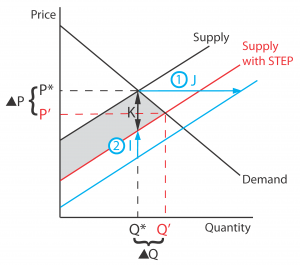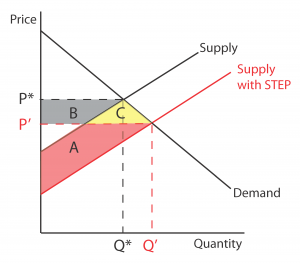National Institute of Standards and Technology (NIST) Impact Study
Quantifying NIST’s role in the development of international standards

RDN assessed the net economic benefits of Federal support for the Standard for Exchange of Product model data (STEP).
RDN completed a retrospective economic impact analysis quantifying the National Institute of Standards and Technology’s role in the development and adoption of international standards designed to reduce interoperability problems inherent in the exchange of digital product information. The Standard for Exchange of Product model data, or STEP, is a series of standards that facilitate the transfer of product model data between manufacturing entities. STEP was implemented to reduce costs borne from interoperability issues inherent in data exchange; costs such as supporting multiple product data software platforms and correcting errors resulting from translational inaccuracies.

As a part of this project, RDN researched the technical history of STEP through a series of interviews with industry experts and focus groups as well as a comprehensive literature review. This foundation was used to analyze current STEP development and implementation in the transportation industry, specifically the automotive, aerospace, ship-building, and specialty tool and die sectors. In order to quantify all costs and benefits accrued from the implementation of STEP, RDN utilized both a “cost-accounting” method and an “economic surplus” method to provide a comprehensive picture of total benefits accrued by Original Equipment Manufacturers (OEMS), suppliers, and consumers.

In addition to interviews with key industry experts, RDN conducted a survey of software developers and computer-aided design end-users to further identify existing barriers to improved interoperability, estimate costs of designing and implementing STEP, estimate the benefits of using STEP versus comparable data transfer standards, and quantify NIST’s impact on STEP’s development.